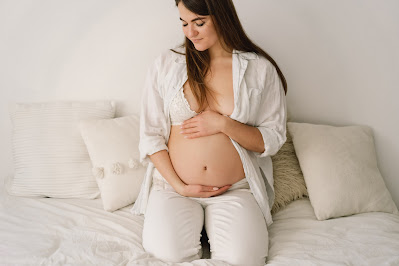Modern society has become a lot more accepting of less-than-conventional livelihoods. Many people didn't bat an eye when a close friend or acquaintance grew up in single-parent households.
When it comes to celebrity single moms, people like Sandra Bullock, Kate Winslet, and Michelle Williams often come to mind. However, there are some risks to being a single mother. Here are some things to keep in mind:
1. It may affect your health later in life.
According to an article in Medical News Today, single motherhood can increase the risk of multiple health problems. These include poor mental health, cardiovascular issues, and increased mortality. Single mothers are also more likely to suffer from fatigue because of the multiple duties of being the provider and caretaker.
2. Children may have limited resources.
Living in a single-mother household can be a risk for children because they have limited social, emotional, and financial resources. When a parent is busy working, children may need to fend for themselves or rely on other family members for emotional support. Additionally, a household that relies on only one income can compromise basic needs, which can be problematic.
3. Social stigma.
Aside from financial strain and health risks, single mothers still risk being judged by society. While single motherhood is common, most communities still consider single moms "inadequate" because they think they are exposing their children to more risks.
4. Your children may resent you.
Children unhappy in single-parent households may resent their parent for several reasons. Lack of time together, inability to provide for their needs and feelings of abandonment can lead to resentment, affecting your relationship with your child. Also, single mothers who often bring in boyfriends may make the child have an unhealthy view of relationships.
It's not a sin to be a single mother. However, some risks can affect your child's quality of life. Nevertheless, just because the chances are great does not mean your child will resent you or become antisocial. If you need help or support, consider joining a therapy group or visiting a counselor to check your emotional health.


